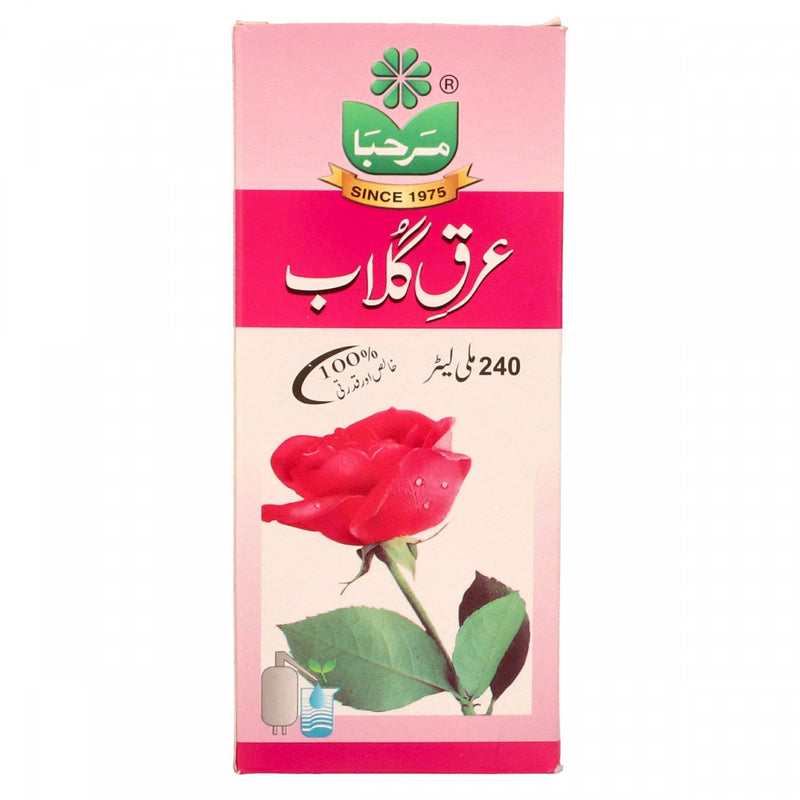
In the historic English county of Yorkshire rose water has long been used as a flavoring for one of that region’s best loved dishes, Yorkshire curd tart. Rose water is frequently used as a halal substitute for red wine and other alcohols in cooking.Īmerican and European bakers enjoyed the floral flavoring of rose water in their baking until the 19th century when vanilla flavoring became popular.

In Malaysia and Singapore, sweet red-tinted rose water is mixed with milk, which then turns pink to make a sweet drink.

In Arab countries and the Subcontinent it is used to flavor milk and desserts such as rice pudding. In Iran it is also added to tea, ice cream, cookies, and other sweets in small quantities. Rose water has a distinctive flavor and is used routinely in Middle Eastern cuisine, especially in sweets such as nougat, gumdrops, and baklava. Since ancient times, roses and derivatives have been consumed as a food ingredient, medicinally, and as a source of fragrance. The ancient Greeks, Romans and Phoenicians considered large public rose gardens to be as important as orchards and wheat fields. The usage of rosewater dates back to early Egypt, when Cleopatra used the natural product in her beauty regime.

Rose syrup (not to be confused with rose hip syrup) is made from rose water, with sugar added. Additionally, it is the a by-product of the production of rose oil for use in perfume. Arq-e-Gulab (Rose Water) is made by steeping rose petalsin water.


 0 kommentar(er)
0 kommentar(er)
